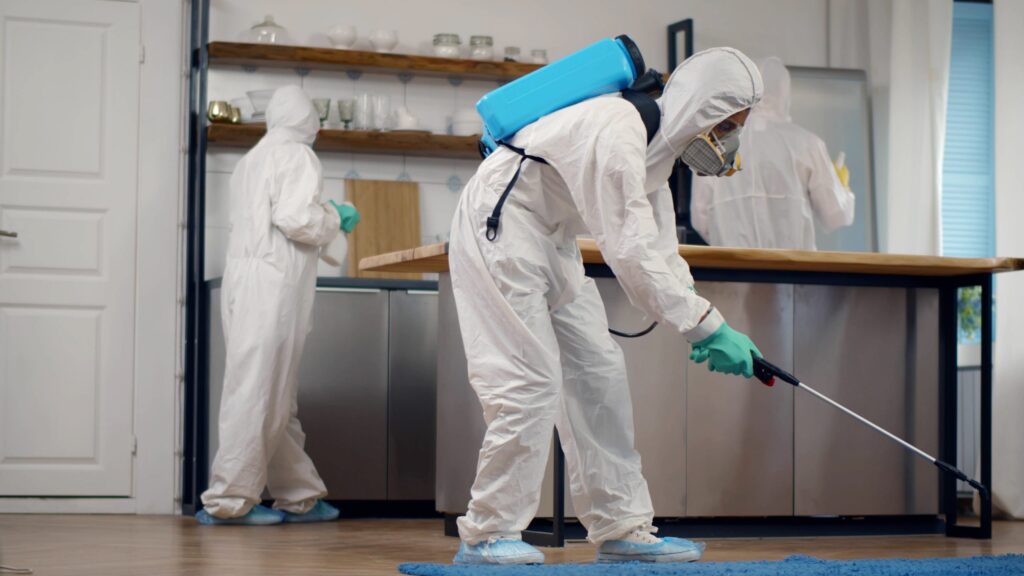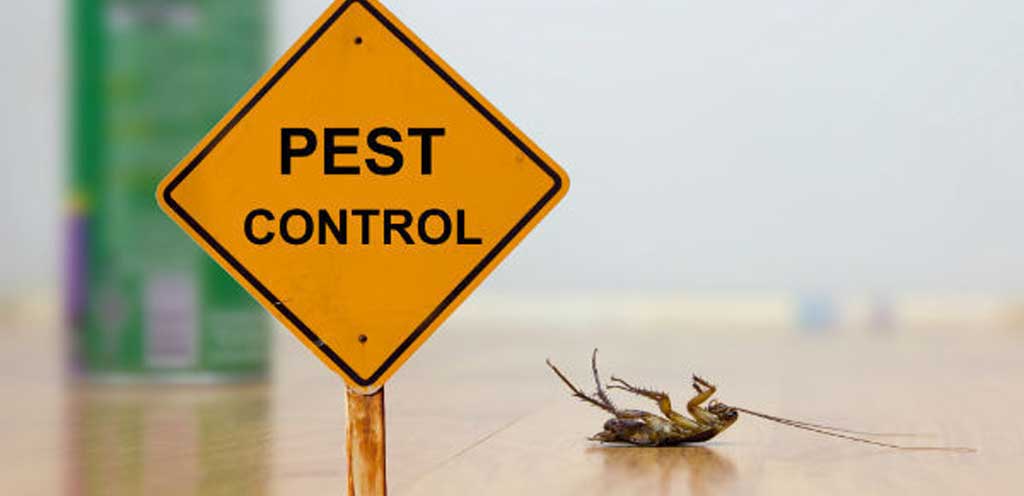When it comes to our homes, we all want a safe and comfortable environment. However, unwanted guests in the form of pests can disrupt that tranquillity. Pest extermination is the key to keeping these intruders at bay. In this guide, we will explore the effective pest extermination methods to safeguard your home from unwanted intruders and also protect your space with expert tips and insights. This article covers you, from understanding common pests to effective extermination techniques.
Table of Contents
- Pest Extermination: A Closer Look
- Identifying Common Pests
- Effective Pest Control Methods
- Pest Extermination: FAQs
- How can I prevent a termite infestation?
- Are chemical treatments safe for pets and children?
- What should I do if I find a rodent in my home?
- Can I handle pest extermination on my own?
- How often should I schedule pest inspections?
- What should I do if I suspect a pest infestation but can’t identify the pest?
Pest Extermination: A Closer Look
Pest extermination involves removing and preventing unwanted insects and rodents from your living space. It’s not just about getting rid of pests once they appear but also taking measures to ensure they don’t return. Let’s delve into this crucial topic.
Identifying Common Pests
Termites: Silent Home Invaders
Termites, often called “silent home invaders,” are notorious for their ability to cause extensive damage to wooden structures without immediate detection. These tiny insects can compromise the structural integrity of your home, making it crucial to inspect for signs like mud tubes and wood damage. Regular inspections and professional pest control measures are essential to prevent their silent destruction.
Ant Infestations: Tiny Troublemakers
Ant infestations may seem insignificant individually, but when these tiny troublemakers invade your home in large numbers, they become a significant annoyance. Identifying their entry points, such as cracks in walls or gaps in windows and doors, is critical to effective ant control. Eradicating the source of attraction, such as food crumbs and spills, is equally important to keep them at bay.

Rodents: Unwanted Housemates
Rodents like mice and rats can pose serious health risks by carrying diseases, and they are also known for causing damage to property by gnawing on wires and insulation. To keep these unwanted housemates out, it’s essential to seal potential entry points around your home, including gaps in the foundation and attic.
Setting traps and using rodent deterrents can help you address rodent infestation effectively while maintaining a safe and sanitary living environment.
Effective Pest Control Methods
Natural Solutions
Diatomaceous earth, a natural and non-toxic substance made from fossilized algae, can be sprinkled around entry points to create a barrier that damages the exoskeletons of insects like ants and cockroaches, effectively controlling their population.
Neem oil, derived from the neem tree, is a potent natural insecticide and repellent. Dilute it with water and apply it to plants or surfaces to deter various pests, including aphids, mosquitoes, and garden pests.
Peppermint oil has a strong scent that repels many common household pests, such as spiders and rodents. Mixing a few drops of peppermint oil with water and spraying it in problem areas can help keep these unwanted visitors at bay.
Chemical Treatments
Chemical treatments may be the most effective solution in severe pest infestations. Professional pest control services have access to a range of pesticides formulated to target specific pests while minimizing risks to humans and pets.
When using chemical treatments, following safety instructions and guidelines meticulously to prevent exposure to potentially harmful chemicals is crucial. Professionals are trained to apply pesticides safely and strategically, reducing the risk of health hazards.
Regular monitoring and follow-up treatments may be necessary to eradicate the pest problem when using chemical treatments completely. Professionals can assess the situation and adjust their approach to achieve long-term pest control.
Prevention Is Key
Sealing cracks and crevices in your home’s foundation and walls can prevent pests like ants, termites, and rodents from entering your living space. Regular inspections and timely repairs are essential to maintain a pest-free environment. Maintaining a clean and clutter-free living space is crucial in pest prevention.
Food crumbs, standing water, and trash can attract various pests. Proper sanitation practices, such as regularly cleaning kitchen appliances and disposing of waste, can deter pests from making your home their habitat. Installing screens on windows and doors can act as a barrier against flying and crawling pests, allowing you to enjoy fresh air while keeping unwanted visitors out. Regularly inspect and repair damaged screens to maintain their effectiveness in pest control.

Pest Extermination: FAQs
Here are some frequently asked questions about pest extermination:
How can I prevent a termite infestation?
Regularly inspect your home for signs of termites and maintain a termite barrier.
Are chemical treatments safe for pets and children?
When applied by professionals, chemical treatments are generally safe, but following their instructions and keeping pets and children away from treated areas is essential.
What should I do if I find a rodent in my home?
Seal any entry points and set traps. If the problem persists, consider contacting a pest control expert.
Can I handle pest extermination on my own?
For minor infestations, DIY methods may work. However, for significant pest problems, it’s best to consult a professional.
How often should I schedule pest inspections?
Annual inspections are good, but more frequent checks may be necessary in areas prone to pests.
What should I do if I suspect a pest infestation but can’t identify the pest?
Contact a pest control expert for a proper inspection and identification.


